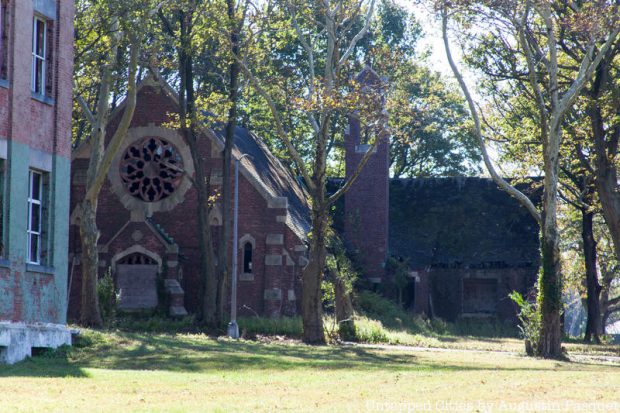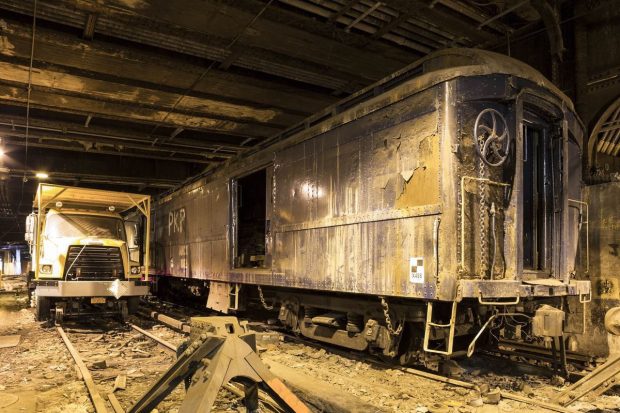
New York City conceals captivating tales in its depths, from the graveyard island nestled at the base of the Statue of Liberty to the forgotten hospital veiled beneath the opulence of a five-star hotel. These abandoned locales exude a distinct allure, leaving imprints of enigmatic mysteries despite their desolate facades.
Ellis Island, renowned as the “Gateway to America,” once boasted a colossal hospital ranked among the finest in the United States. However, with the shutdown of customs on the island, the hospital succumbed to neglect. Today, its weathered structures have transformed into intriguing sites for exploration, allowing visitors to delve into the realms of medical enigmas and history.
READ: Business in New York: How Two Friends Quit Office Work and Created a $750 Million Barbershop App
Throughout its extensive history, Hart Island has undergone numerous metamorphoses—from a camp for captive soldiers to a center for drug rehabilitation. Presently, it serves as the world’s largest cemetery for those whose families cannot afford proper funeral arrangements. Among its occupants are not only the unidentified but also noteworthy figures like actor Bobby Driscoll and the first child to succumb to AIDS.
Photographer Jacob Riis, in his book “How The Other Half Lives,” depicted Hart Island as the final resting place for one in ten New Yorkers during the late 19th century. Today, the cemetery not only attracts attention for its historical significance but also the secrets concealed amidst the graves. Approximately two thousand lives conclude here annually, leaving behind a legacy of secrets and tragedies guarded by the inmates of Rikers Island Prison.

Recent legislative changes aim to make Hart Island more accessible to the public, unveiling its secrets and stories to a wider audience.
Adjacent to the Delancey/Essex station lurks an expansive, abandoned, 60,000-square-foot underground tram depot. While visible from the platform, it is advisable to embark on a guided tour offered by the New York Museum of Metropolitan Transportation to delve into its history without infringing on subway usage regulations. Opened in 1903, the station served as a crucial transportation hub for Brooklyn residents until its closure in 1948 as part of the city’s transit system reorganization.
READ: How to Protect Your Home in New York or Toronto: Women Who Improved the Urban Environment
The lore surrounding the railroad line beneath the Waldorf Astoria Hotel includes tales of presidential trains, Andy Warhol’s parties, and personal trains. Initially constructed as part of a power station, the station gained renown as a private hub for the affluent. Although the historic platform remains off-limits to the public, a fragment can be glimpsed from a northbound train departing Grand Central.

Constructed in 1922, this colossal elevator, a 12-story edifice with 54 silos, was engineered for enduring strength. While capable of doubling as a bomb shelter due to the flammable nature of the grain, it incurred losses despite lofty project costs. Ceasing operations in 1965 gradually deteriorated. The terminal’s pier collapsed in 1987, leading to its auction in 1990. Acquired by Quadrozzi Concrete in 1997, along with 46 acres of adjacent land, the Red Hook Grain Terminal now forms part of the Gowanus Industrial Park.
READ: Sea Next to Your House: 5 Tips to Choose the Right Property in Dubai
Numerous contemporary proposals for the renowned elevator range from waste recycling to establishing a cultural center and film studio. However, as of now, none of these ideas have materialized.
Like us on Facebook for more stories like this: